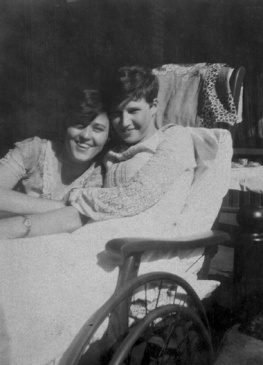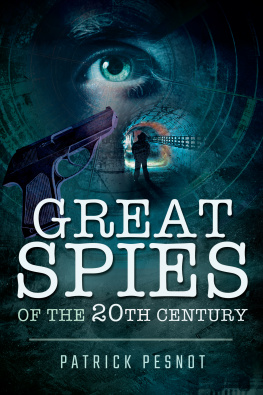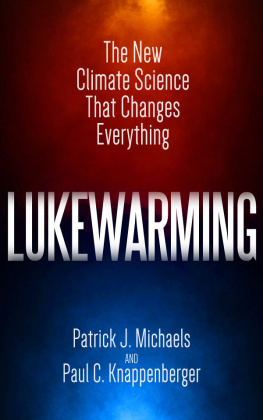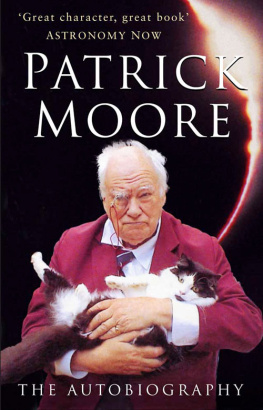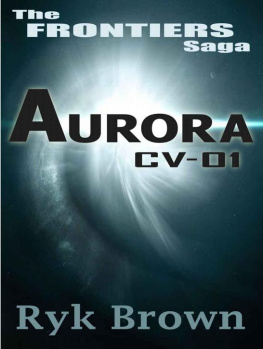CHAPTER I
In the Advance Trenches
Table of Contents
Now when we take the cobbled road
We often took before,
Our thoughts are with the hearty lads
Who tread that way no more.
Oh! boys upon the level fields,
If you could call to mind
The wine of Caf Pierre le Blanc
You wouldn't stay behind.
But when we leave the trench at night,
And stagger neath our load,
Grey, silent ghosts as light as air
Come with us down the road.
And when we sit us down to drink
You sit beside us too,
And drink at Caf Pierre le Blanc
As once you used to do.
The Company marched from the village of Les Brebis at nightfall; the moon, waning a little at one of its corners, shone brightly amidst the stars in the east, and under it, behind the German lines, a burning mine threw a flame, salmon pink and wreathed in smoke, into the air. Our Company was sadly thinned now, it had cast off manyso many of its men at Cuinchy, Givenchy, and Vermelles. At each of these places there are graves of the London Irish boys who have been killed in action.
We marched through a world of slag heaps and chimney stacks, the moonlight flowing down the sides of the former like mist, the smoke stood up from the latter straight as the chimneys themselves. The whirr of machinery in the mine could be heard, and the creaking wagon wheels on an adjoining railway spoke out in a low, monotonous clank the half strangled message of labour.
Our way lay up a hill, at the top we came into full view of the night of battle, the bursting shells up by Souchez, the flash of rifles by the village of Vermelles, the long white searchlights near Lens, and the star-shells, red, green and electric-white, rioting in a splendid blaze of colour over the decay, death and pity of the firing line. We could hear the dull thud of shells bursting in the fields and the sharp explosion they made amidst the masonry of deserted homes; you feel glad that the homes are deserted, and you hope that if any soldiers are billeted there they are in the safe protection of the cellars.
The road by which we marched was lined with houses all in various stages of collapse, some with merely a few tiles shot out of the roofs, others levelled to the ground. Some of the buildings were still peopled; at one home a woman was putting up the shutters and we could see some children drinking coffee from little tin mugs inside near the door; the garret of the house was blown in, the rafters stuck up over the tiles like long, accusing fingers, charging all who passed by with the mischief which had happened. The cats were crooning love songs on the roofs, and stray dogs slunk from the roadway as we approached. In the villages, with the natives gone and the laughter dead, there are always to be found stray dogs and love-making cats. The cats raise their primordial, instinctive yowl in villages raked with artillery fire, and poor lone dogs often cry at night to the moon, and their plaint is full of longing.
We marched down the reverse slope of the hill in silence. At the end of the road was the village; our firing trench fringed the outer row of houses. Two months before an impudent red chimney stack stood high in air here; but humbled now, it had fallen upon itself, and its own bricks lay still as sandbags at its base, a forgotten ghost with blurred outlines, it brooded, a stricken giant.
The long road down the hill was a tedious, deceptive way; it took a deal of marching to make the village. Bill Teake growled. "One would think the place was tied to a string," he grumbled, "and some one pullin' it away!"
We were going to dig a sap out from the front trench towards the German lines; we drew our spades and shovels for the work from the Engineers' store at the rear and made our way into the labyrinth of trenches. Men were at their posts on the fire positions, their Balaclava helmets resting on their ears, their bayonets gleaming bright in the moonshine, their hands close to their rifle barrels. Sleepers lay stretched out on the banquette with their overcoats over their heads and bodies. Out on the front the Engineers had already taped out the night's work; our battalion had to dig some two hundred and fifty yards of trench 3 ft. wide and 6 ft. deep before dawn, and the work had to be performed with all possible dispatch. Rumour spoke of thrilling days ahead; and men spoke of a big push which was shortly to take place. Between the lines there are no slackers; the safety of a man so often depends upon the dexterous handling of his spade; the deeper a man digs, the better is his shelter from bullet and bomb; the spade is the key to safety.
The men set to work eagerly, one picked up the earth with a spade and a mate shovelled the loose stuff out over the meadow. The grass, very long now and tapering tall as the props that held the web of wire entanglements in air, shook gently backwards and forwards as the slight breezes caught it. The night was wonderfully calm and peaceful; it seemed as if heaven and earth held no threat for the men who delved in the alleys of war.
Out ahead lay the German trenches. I could discern their line of sandbags winding over the meadows and losing itself for a moment when it disappeared behind the ruins of a farm-housea favourite resort of the enemy snipers, until our artillery blew the place to atoms. Silent and full of mystery as it lay there in the moonlight, the place had a strange fascination for me. How interesting it would be to go out there beyond our most advanced outpost and have a peep at the place all by myself. Being a stretcher-bearer there was no necessity for me to dig; my work began when my mates ceased their labours and fell wounded.
Out in front of me lay a line of barbed wire entanglements.
"Our wire?" I asked the Engineer.
"Nothe Germans'," he answered.
I noticed a path through it, and I took my way to the other side. Behind me I could heard the thud of picks and the sharp, rasping sound of shovels digging into the earth, and now and again the whispered words of command passing from lip to lip. The long grass impeded my movements, tripping me as I walked, and lurking shell-holes caught me twice by the foot and flung me to the ground. Twenty yards out from the wire I noticed in front of me something moving on the ground, wriggling, as I thought, towards the enemy's line. I threw myself flat and watched. There was no mistaking it now; it was a man, belly flat on the ground, moving off from our lines. Being a non-combatant I had no rifle, no weapon to defend myself with if attacked. I wriggled back a few yards, then got to my feet, recrossed the line of wires and found a company-sergeant-major speaking to an officer.
"There's somebody out there lying on the ground," I said. "A man moving off towards the German trenches."
The three of us went off together and approached the figure on the ground, which had hardly changed its position since I last saw it. It was dressed in khaki, the dark barrel of a rifle stretched out in front. I saw stripes on a khaki sleeve.





